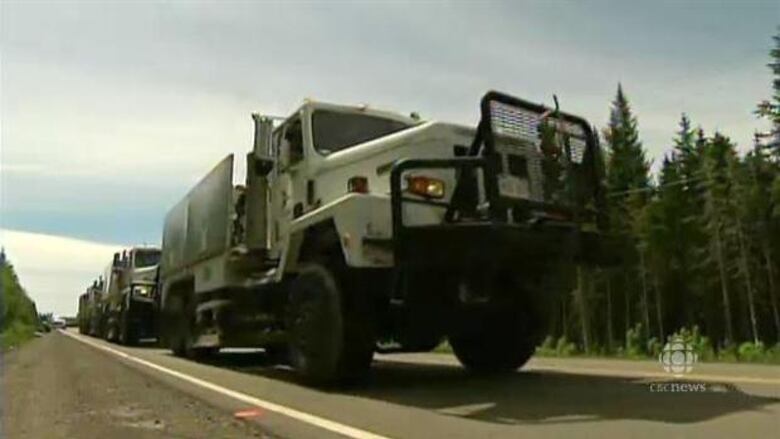Shale gas development can be done safely, produce new jobs
Shale Resource Centre’s Katie Brown argues shale gas can also help renewable energy sources

New Brunswick has an important choice to make regarding shale development – but contrary to what anti-shale activists would have people believe, this is not a decision between having economic growth or clean water. New Brunswick can have both.
While many argue that hydraulic fracturing needs more study before proceeding in the province, the truth is that hydraulic fracturing has been studied for decades and the overwhelming informed consensus is that the process is safe and does not harm public health.
Researchers at Cape Breton University recently released reports that found there is no threat to water from hydraulic fracturing as long as the process is properly managed and regulated.
Just this week, the U.S. Department of Energy released what the Associated Press called a “landmark study,” which found no evidence of hydraulic fracturing contaminating groundwater supplies.
Regulatory agencies in the United States have done extensive air monitoring near well sites and concluded that there’s no credible public health concern with regard to air quality.

For instance, the Pennsylvania Department of Environmental Protection found that, thanks to shale development and natural gas, Pennsylvanians are receiving “between $14 billion and $37 billion of annual public health benefit.”
Many anti-shale groups have argued that natural gas will increase greenhouse gas emissions. But that’s not what the world’s most prominent climate scientists have concluded.
The Intergovernmental Panel on Climate Change says in its latest climate assessment that “hydraulic fracturing and horizontal drilling technologies, which has increased and diversified the gas supply” is “an important reason for a reduction of GHG emissions in the United States.”
International Energy Agency also came to the same conclusion. As Environment Canada pointed out, it’s thanks to natural gas that the “electricity generating sector is the largest contributor to total emissions reductions” in Canada.
Finally, contrary to what anti-shale activists say about natural gas “crowding out” renewables, wind and solar need natural gas when the wind isn’t blowing and the sun isn’t shining. In other words, natural gas could help renewables thrive.

The Conference Board of Canada recently gave New Brunswick a “D” grade for economic health – but a report commissioned by the provincial government found that shale development would be an “economic force” for the province, creating 4,400 new jobs, adding $1.6 billion a year to the GDP and generating $310 million in new tax revenue each year.
That economic growth would be most welcome considering that many people from New Brunswick are travelling out of the province to find work.
It would be unfortunate if New Brunswick were to pass up both the environmental and economic benefits of shale development on the basis of the misinformation from anti-shale activists.


